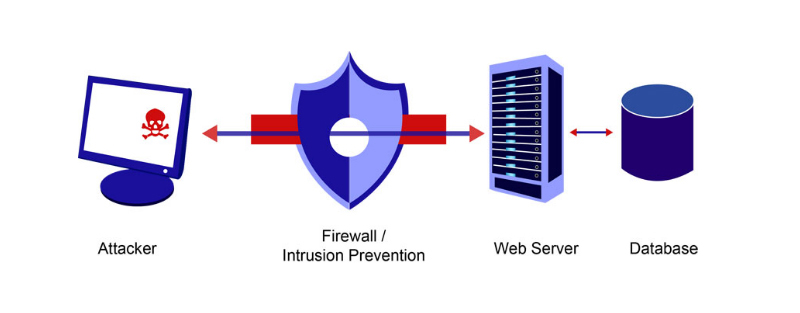Program Duration
Duration - 80 Hours
Accredited by
An ISO 9001-2015 Certified Company
Fexible Learning
In-center and online
Learn from
Industry Experts
Objective
The objective of network security is to protect computer networks from unauthorized access, attacks, and other security threats. This involves implementing various security measures to ensure the confidentiality, integrity, and availability of network resources and data. The primary goal of network security is to prevent unauthorized access to sensitive information and systems, but it also involves detecting and responding to security breaches and incidents. Network security is essential for businesses and organizations that rely on computer networks for their operations, as a security breach can lead to data loss, system downtime, and other significant financial and reputational damage.
Who Can Learn :
Anyone interested in cybersecurity and network protection can learn network security. This includes IT professionals, network administrators, cybersecurity enthusiasts, computer science students, and anyone else looking to enhance their knowledge of network security.
Job Opportunities :
» Network Security Engineer
» Cybersecurity Analyst
» Information Security Analyst
» Security Consultant
» Penetration Tester
» Ethical Hacker
» Security Architect
» IT Security Manager
» Chief Information Security Officer (CISO)
» Security Operations Center (SOC) Analyst
Frequently Asked Questions :
1. What is network security?
Network security is the practice of protecting computer networks and their infrastructure from unauthorized access, use, disclosure, disruption, modification, or destruction.
2. What are some common network security threats?
Common network security threats include malware, viruses, spyware, phishing attacks, ransomware, denial of service (DoS) attacks, and man-in-the-middle attacks.
3. What are some common network security measures?
Common network security measures include firewalls, intrusion detection and prevention systems, antivirus software, encryption, virtual private networks (VPNs), access control systems, and security information and event management (SIEM) systems.
4. What is the role of a network security engineer?
A network security engineer is responsible for implementing, maintaining, and securing an organization's network infrastructure. They monitor network activity, identify potential security threats, and implement solutions to protect against them.
5. What skills are required to become a network security engineer?
Skills required to become a network security engineer include knowledge of network protocols, firewalls, intrusion detection and prevention systems, VPNs, encryption, access control systems, and SIEM systems. They also require skills in programming languages, problem-solving, and communication.
Course Curriculum :
» Fundamentals of Network Security & types of Security Threats
» Securing Management Plane-AAA using ACS Server, RBAC
» Firewall Technologies-Zone based firewall
» Adaptive Security Appliance (ASA)
» IPsec Site-to-site VPN and Remote Access VPN-CIientIess and AnyConnect VPN
» Layer z attacks-Port Security, VLAN Security and Mitigation Procedures
» Intrusion Prevention System Deployment
» Email-based and Web based threats


